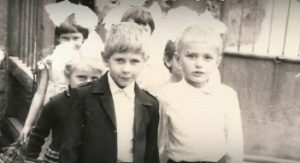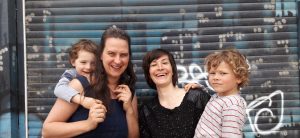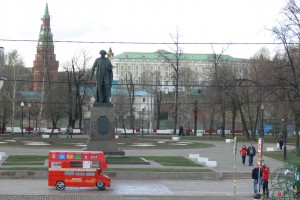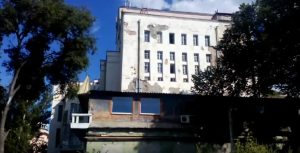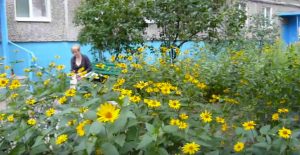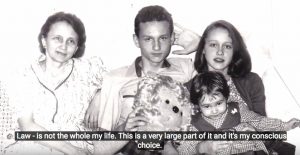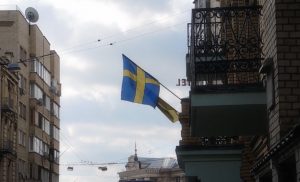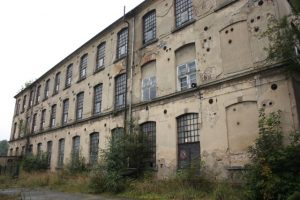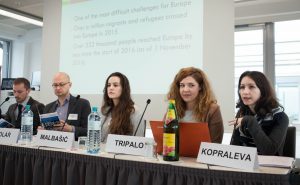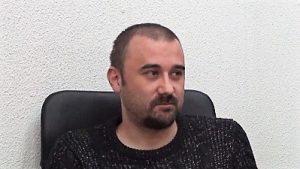
Interview with Adrian Szelmenczi
Adrian Szelmenczi (born in 1979) grew up in a multicultural environment in Nord East of Romania, in a Hungarian-Romanian family. He is human rights activist working for Active Watch NGO. He is highly engaged into defending national minorities’ rights and the implementation of the legislation in this matter in Romania. What did the transition mean to you? First of all, when we commenced with the T-zero moment of the transition, I had turned 10

